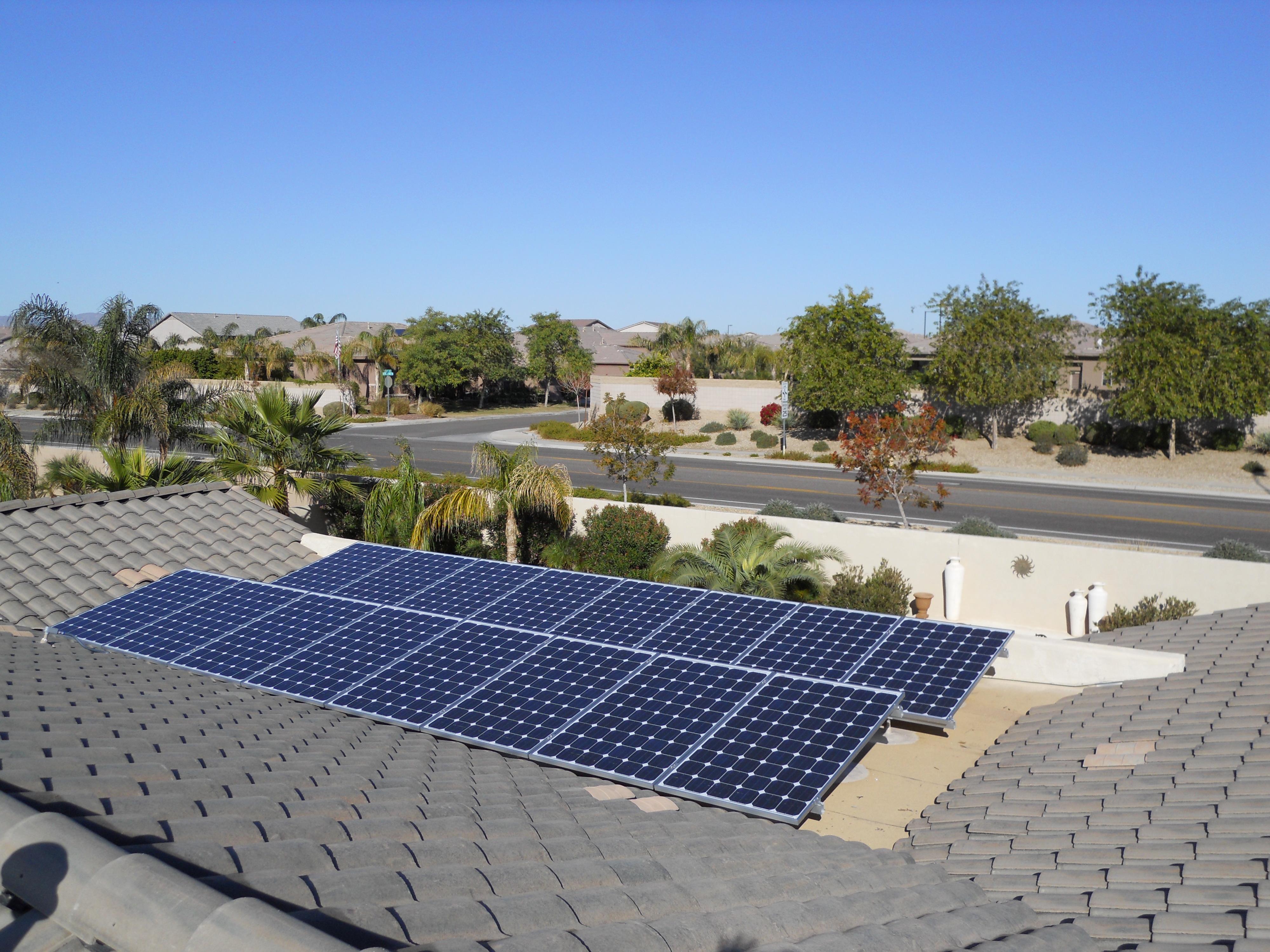Smart Businesses Tackle Climate Change
04/15/2013 1 Comment
The CEOs of 33 US companies have signed a Climate Declaration calling on America to take the lead in combating climate change. They say the same policies that will help the climate are also smart business practices, – using less electricity, choosing clean energy technology and creating new export technologies. They recommend a coordinated effort to stabilize the climate as also the way to maximize opportunities and remain a superpower in a competitive world.
Representing employment of half a million citizens and $450billion/year in revenue, the corporate group emphasizes that the same policies that combat climate change are also smart business practices.
A recent study by PEW backs up the claim that there huge financial potential in green energy development. It found that clean energy investment has increased by 600% from 2004 to 2011. They project that installation of renewable energy over the next six years will result in additional revenue of $1.9 trillion.
http://www.ceres.org/bicep/climate-declaration
